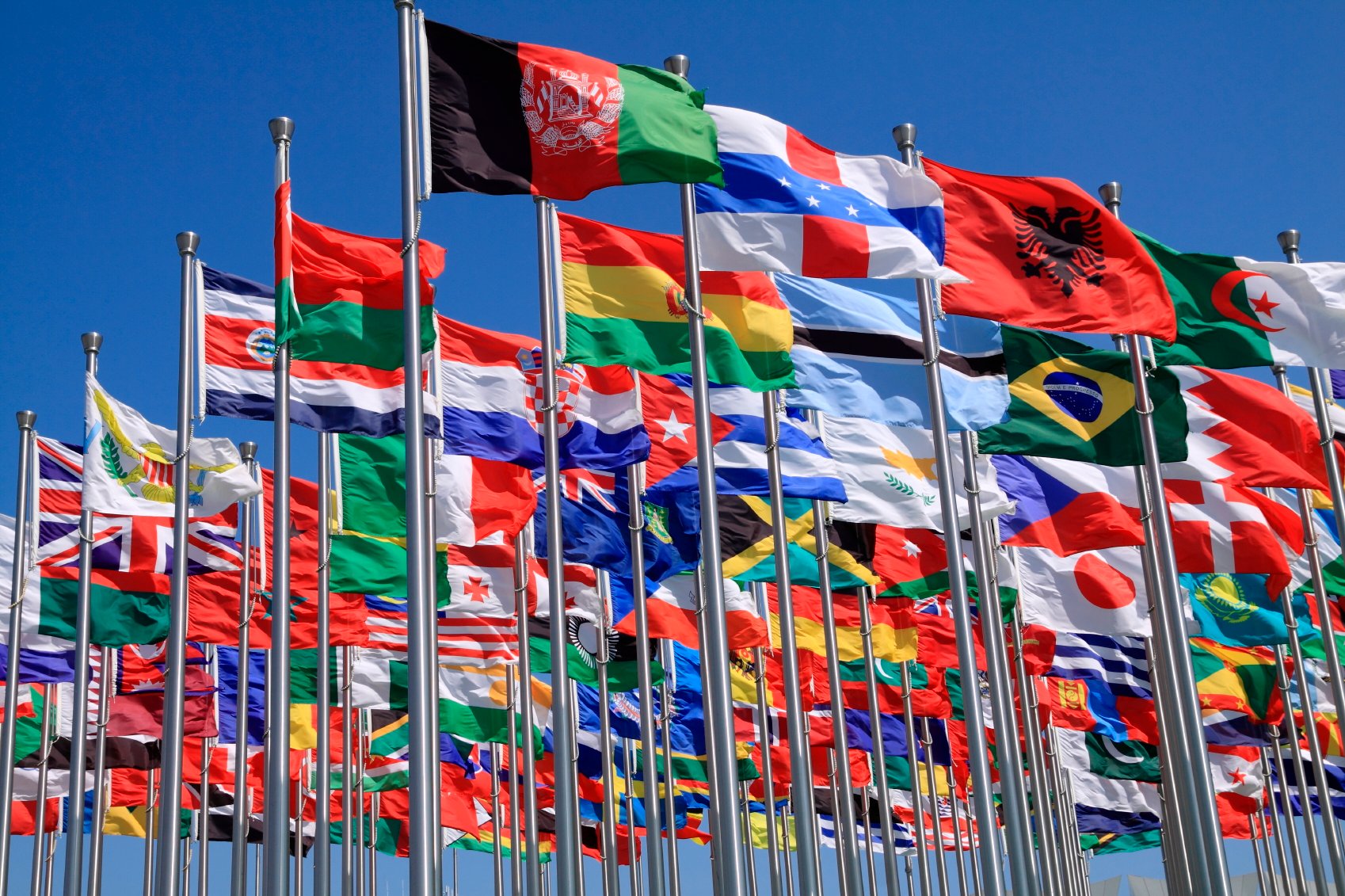
Written by Matthew Barbari
While Americans are focusing on the upcoming U.S. Presidential elections, the United Nations is beginning its own election season. With current Secretary-General Ban Ki-Moon term ending this year, the search for his replacement has begun. The UN has stated that it wants this current election to be the most transparent. The difficulty with the nomination revolves around the approval needed from the permanent members of the UN Security Council—The United States, The United Kingdom, France, Russia and China—which have veto power over who is selected for the position.
Qualifications
There is a push for the Secretary-General to be from a region of the world that has yet to be represented, which is the case of Eastern Europe. They must have support from their government, as well as the support from most countries in the region. Previous experience in foreign affairs as well as the ability to communicate fluently in the official UN languages (minimum of 2) is required for the candidate.
This is also the first time that the calls for a woman Secretary-General are being adequately met. Many groups such as the 1 for 7 Billion campaign have called for a woman in the highest office of the United Nations. Under Ban Ki-Moon and the Sustainable Development Goals initiative, the issues of gender equality and the rights of women have been targeted as areas of improvement throughout the world.
Many critics of the UN would point out that only 25% of top UN positions are occupied by women. A major step in the fight for gender equality would be to have a woman as the face of the UN. These are the four current nominees with the best credentials and most support:
Irina Bokova
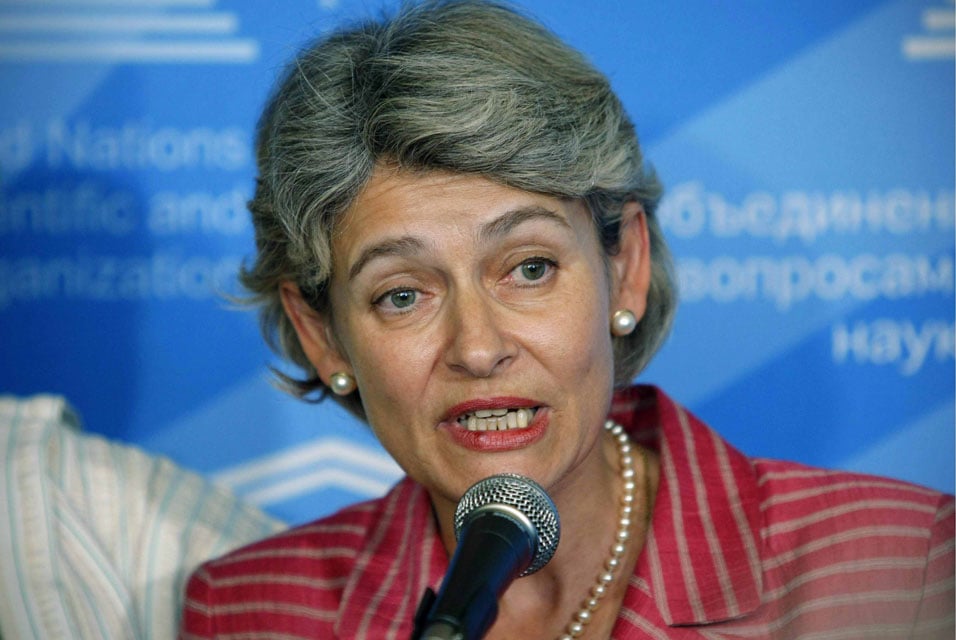
Bulgaria’s candidate for the position is considered to be the front-runner. The current Director-General of UNESCO as well as former Deputy Minister of Foreign Affairs and Ambassador, Bokova has a long and respected track record within the United Nations. With the ability to speak several languages fluently, as well as being highly respected for her communication and passion towards peacekeeping and dialogue, she enjoys support from the five Security Council permanent members.
Vuk Jeremić
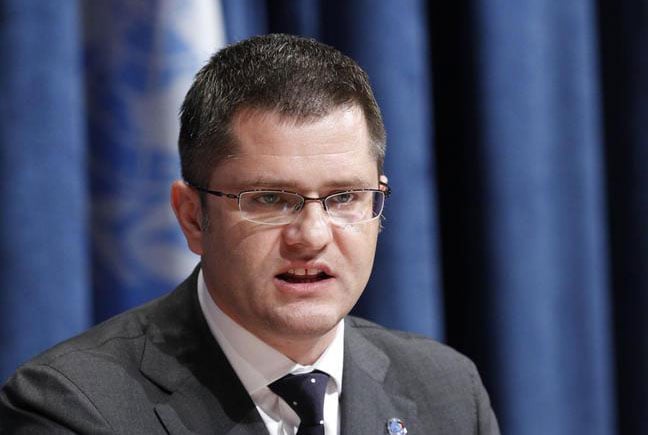
Serbia’s candidate is the former president of the 67th Session of the General Assembly Vuk Jeremić. Jeremić is another strong candidate considering his work within the UN as well as his support for women’s education, calling for a United Nations Youth Assembly to hear Women’s Rights advocate Malala Yousafzai speak on her struggle for equal education rights in Pakistan. Jeremić had been selected as a potential candidate back in 2012 but was held back by his poor reputation among other countries in the region due to his steadfast denouncement of the 2008 Kosovo declaration of independence from Serbia.
Danilo Türk
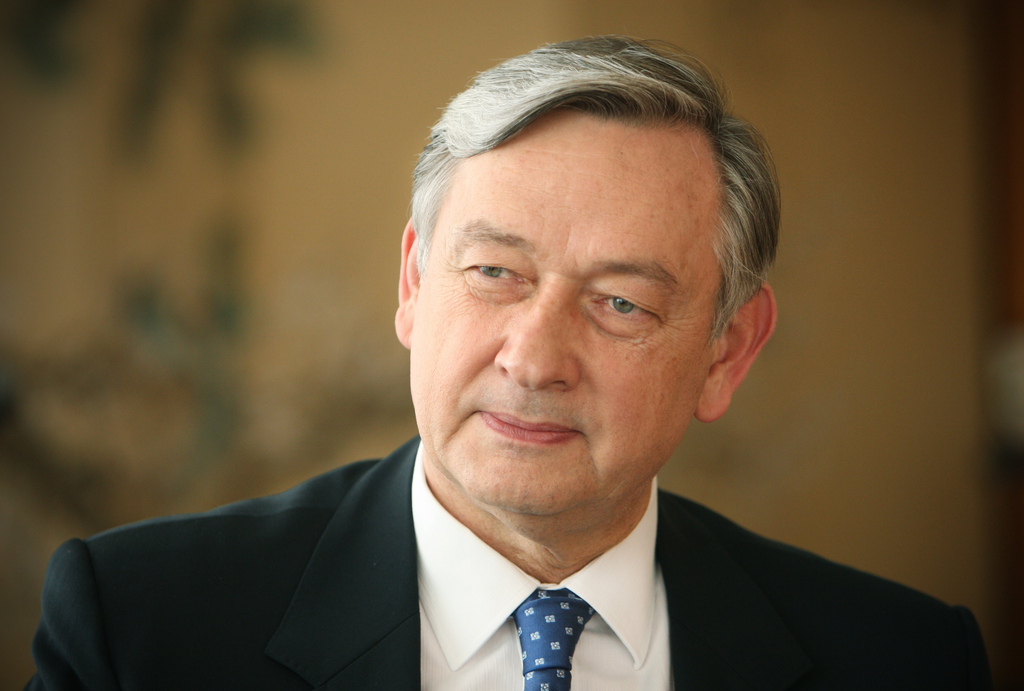
The former President of Slovenia, Danilo Türk brings decades of experience working in the United Nations to his potential appointment as Secretary-General. Türk has overwhelming support from his home country as well as the rest of Eastern Europe. Starting as the Representative of Slovenia, Türk has been within the UN system for nearly 30 years, spending time as Assistant Secretary-General under Kofi Annan, as well as a member of the Security Council and the Human Rights Council. His experience and respect make him a very popular candidate and his history of supporting human and gender rights has garnered a lot of support.
Vesna Pusić
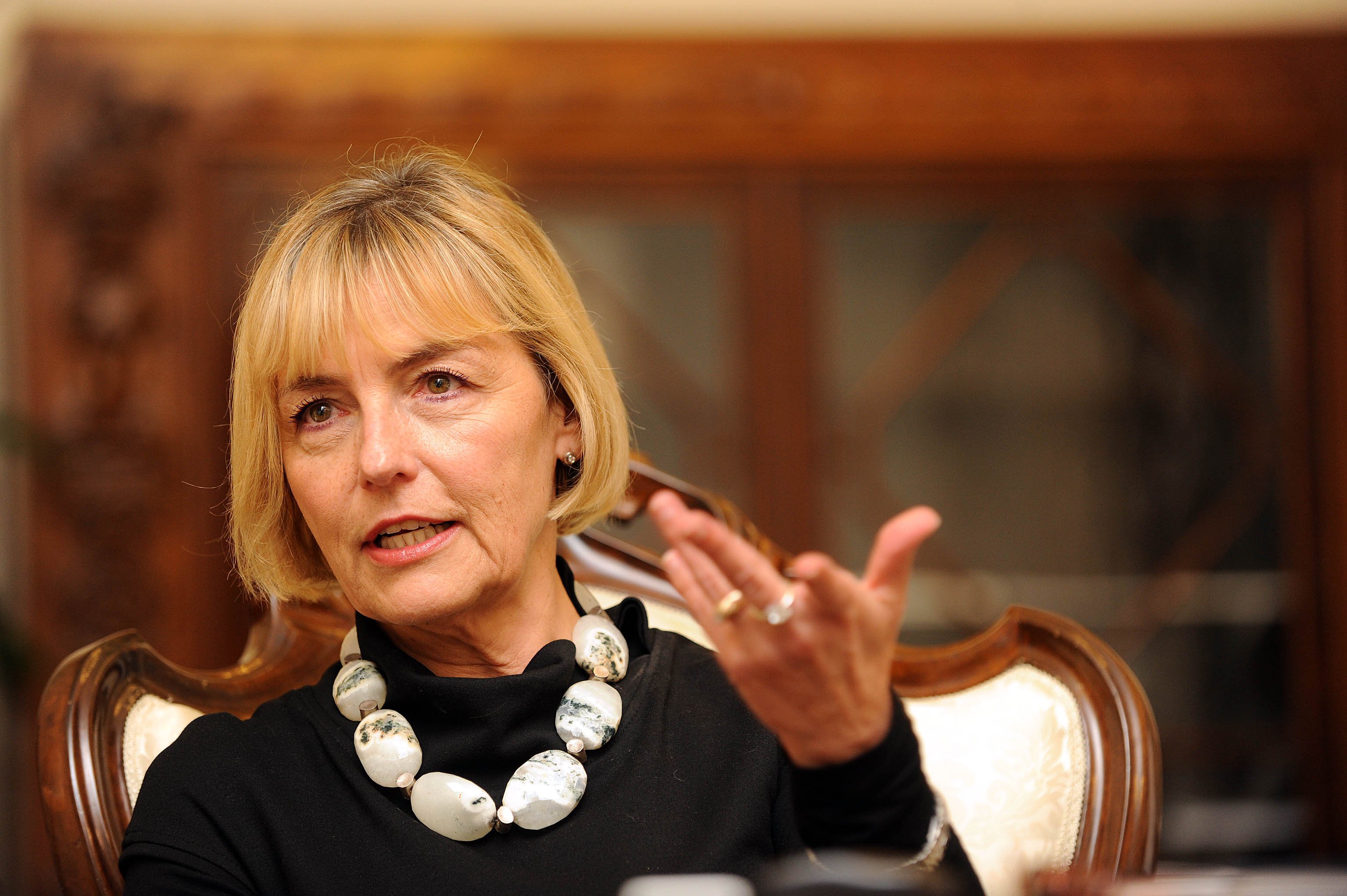
One of the founding members of the Croatian People’s Party, Vesna Pusić is a popular candidate for the next Secretary-General due to her support for gender equality, LGBT rights and liberal democracy. Having spent five years as the Minister of Foreign and European Affairs for Croatia she has some experience in foreign affairs. Her lack of United Nations experience is a negative as well as her very vocal support for the LGBT community might not be well received in Moscow.